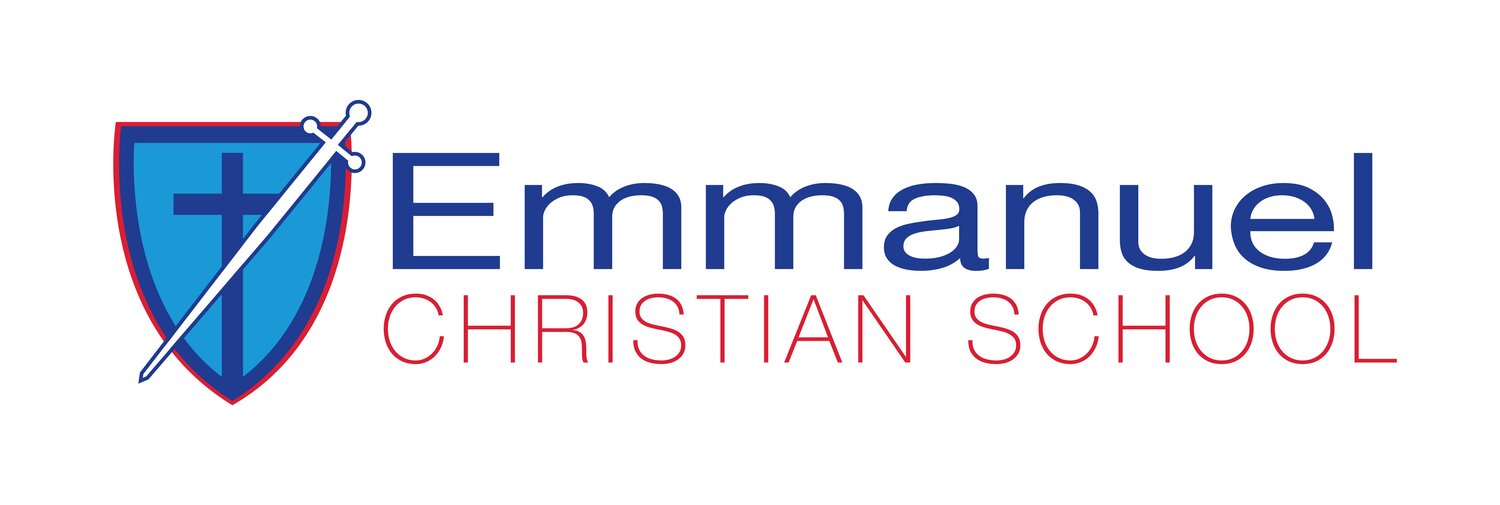If there is anything to learn from the last few weeks and months, it is that we are living in an increasingly more complex and changing world.
As we face these ongoing and ever changing battles I continue to ask myself the question, “do you need to be ‘intelligent’ to achieve success in your future?”
For many years we have held the notion that intelligence alone is the key to success. Your intelligence quotient (IQ), which is primarily derived from a test which measures mathematical ability and analytical thinking skills has long been considered to be a yardstick to measure your future job prospects.
However, in more recent years, there has been more emphasis placed on our emotional intelligence (EQ). This form of intelligence is broadly defined as our ability to self regulate, our interpersonal and communication skills. Our EQ is considered to have a critical role in assisting us to succeed in a variety of aspects in day to day life.
There is no question that both of these intelligences play a vital part in our lives and are critical to the success we may or may not achieve in our careers. However, over the past month or so I have been introduced to a new concept that there is now a third form of intelligence that may be pivotal for our young people in an ever changing world. As technology plays a bigger and more important role in our day to day lives, adaptability quotient (AQ) is gaining more and more traction as an instinctive set of qualities that can assist individuals to advance in an environment that has fast and persistent changes.
In a recent article I read, Vice-President of Goldman Sachs, Natalie Fratto wrote that she believes that IQ is the minimum that an individual needs to get a job, AQ is a determinant of what will indicate your success over time. AQ is not just the ability to absorb new knowledge but rather it is essential that we can work out what information is relevant and discard information that is not needed. It is also the ability to overcome challenges, to make a conscious effort to change. AQ requires us to be flexible, curious, courageous, and to display problem-solving skills.
Fratto speaks of three key ways to measure your adaptability in a TED Talk.
Ask “what if” questions. Think of future situations, not what has happened in the past.
Unlearn obsolete information to challenge assumptions. We need to be able to override our own existing data
Prioritise and enjoy exploration and seek new experiences
Also, in a recent study conducted by IBM, AQ is increasingly being used at the hiring level to determine the willingness of individuals to be flexible and adaptable to change. These types of companies are beginning to create simulations where job applicants are assessed on their ability to adapt to workplace challenges, not just display good head knowledge or an ability to give the right answers. These forms of behavioural skills are critical for the ever changing workforce of today.
As we know, Technology has enormously changed and the growth rate is accelerating at an exponential growth. Today, any job that requires identifying patterns in data, reviewing legal documents or making a diagnosis are quickly being automated. Algorithms run through a computer can perform tasks faster and more accurately than any human can. This trend does not appear to be stopping any time soon.
I am not sure that any of these ways to measure intelligence are more important than the others, however, I think that it is imperative that we teach and allow our young people the opportunities to develop each of the intelligences mentioned. All three quotients complement each other as each will essentially assist you in developing problem solving skills. Like the concept of Growth Mindset, Adaptability Quotient does not need to be fixed. It is like a muscle that requires exercise.
Drew Roberts - Deputy Principal








